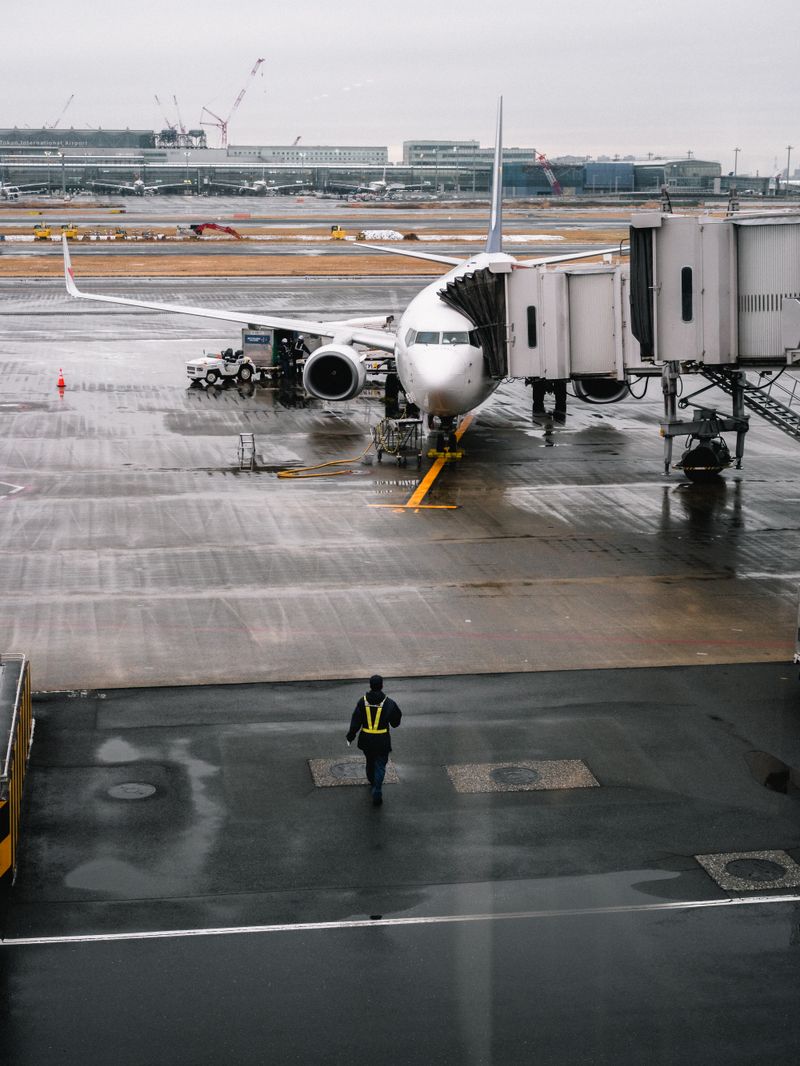Gatwick Airport Departures: Delays and Air Traffic Control Shortages
Introduction
Gatwick Airport, one of the major airports in London, experienced significant disruptions on Thursday, September 14th, due to a lack of air traffic control staff. As a result, numerous flights were cancelled, delayed, or diverted, leaving thousands of passengers frustrated and inconvenienced. This incident comes just weeks after a technical glitch in the National Air Traffic Services (Nats) caused disruptions across various UK airports, stranding holidaymakers for several days. The ongoing issues with air traffic control have raised concerns about the management and staffing of these critical operations.
The Passenger Experience: Frustration and Chaos
Passengers at Gatwick Airport took to social media platforms, such as X (formerly known as Twitter), to express their frustration with the situation. One passenger, Mark, described the airport as a “s*** show” due to the two-hour delay he had experienced. Another passenger, Neeraj Chandi, complained about the lack of alternate flights and labeled the situation as “appalling.” The sentiment among the affected passengers was one of disappointment and anger, with some questioning the competence of airport authorities.
Airport Confirmation and Impacted Passengers
Gatwick Airport confirmed that the delay and disruptions were caused by a sudden absence of air traffic control staff in the control tower, managed by Nats. This shortage resulted in the cancellation or diversion of 42 flights, while numerous others faced significant delays. It is estimated that more than 6,000 passengers were impacted by these disruptions. The consecutive incidents raise concerns about the reliability and resilience of air traffic control operations at Gatwick Airport.
A History of Air Traffic Control Issues
This recent incident at Gatwick Airport is not an isolated event. Just a few weeks prior, a technical glitch in the Nats system caused widespread disruptions across various UK airports, leaving holidaymakers stranded for days. The recurring issues with air traffic control reveal a deeper problem within the management and staffing of these crucial operations. Passengers’ experiences of delays, cancellations, and diverted flights raise questions about the overall reliability and efficiency of air travel.
Industry Response and Accountability
The CEO of Ryanair, Michael O’Leary, has called for the resignation of the Nats chief executive, blaming him for the ongoing air traffic control issues. O’Leary argues that airlines pay substantial sums to Nats annually and should not have to witness their passengers suffering unnecessarily due to staffing shortages. The frustration expressed by both passengers and industry leaders highlights the need for greater accountability and transparency in the management of air traffic control operations.
Airport Apologies and Mitigation Efforts
Gatwick Airport responded to passenger complaints on social media by acknowledging the staff shortages in the air traffic control tower and apologizing for the resulting delays. The airport authorities assured passengers that they were taking steps to minimize the impact of the disruption, including providing options for rebooking or refunds, as well as offering accommodation and meals when necessary. However, these measures can only alleviate the immediate inconvenience and do not address the underlying issues causing the air traffic control problems.
Advice for Passengers
For passengers planning to travel through Gatwick Airport or any other airport experiencing air traffic control issues, it is essential to stay informed and prepared. Checking for real-time updates on flight statuses and potential disruptions before heading to the airport can help mitigate the impact of any delays or cancellations. Additionally, having travel insurance that covers such contingencies can provide some financial protection in case of disruptions beyond one’s control.
Conclusion
The recent air traffic control shortages at Gatwick Airport have once again highlighted the fragile nature of airport operations and the potential for significant disruptions. With the increasing reliance on air travel and the growing number of passengers, it is crucial for the industry and regulatory bodies to address the underlying issues affecting air traffic control. Improved staffing, better management, and increased accountability are necessary to ensure the smooth functioning of these critical operations and to provide passengers with a more reliable and efficient travel experience.

<< photo by Matt Hardy >>
The image is for illustrative purposes only and does not depict the actual situation.
You might want to read !
- Gatwick Airport Departures: Unraveling Delayed Flights and Their Causes
- Gatwick Airport Returns to Normal Operations Following Resolved Air Traffic Control Staff Shortages
- Gatwick Airport Braces for Summer Travel Chaos as Strikes Loom
- BBC Unveils Rescheduled Premiere Date for Celebrity Race Across the World
- “Olivia Rodrigo’s GUTS Tour: A Must-See Spectacle in the UK – Your Guide to Securing Tickets”
- “Unveiling the Music Stars’ Spectacular Red Carpet Style: From Olivia Rodrigo to Doja Cat”
- “Unleashing the Dragons: Key Insights from Wales’ Battle Against Fiji in the Opening Rugby Match”
- Editorial Exploration: Examining the backlash faced by the film “After Everything” due to the absence of Josephine Langford as fans express their dissatisfaction.
Title: “Backlash Unleashed: Fans Vent Frustration Over Josephine Langford Absence in ‘After Everything’”
- EastEnders Star Brian Conley Ventures into Surprising New Project
- Revitalized Arm: UK Chip Designer Experiences Surging Market Return
- Battle on the Field: France Emerges Victorious in Epic Duel Against Uruguay at Rugby World Cup 2023
- Exploring the Opening Weekend Highlights of RWC 2023: A Riveting Recap in Less than 4 Minutes




